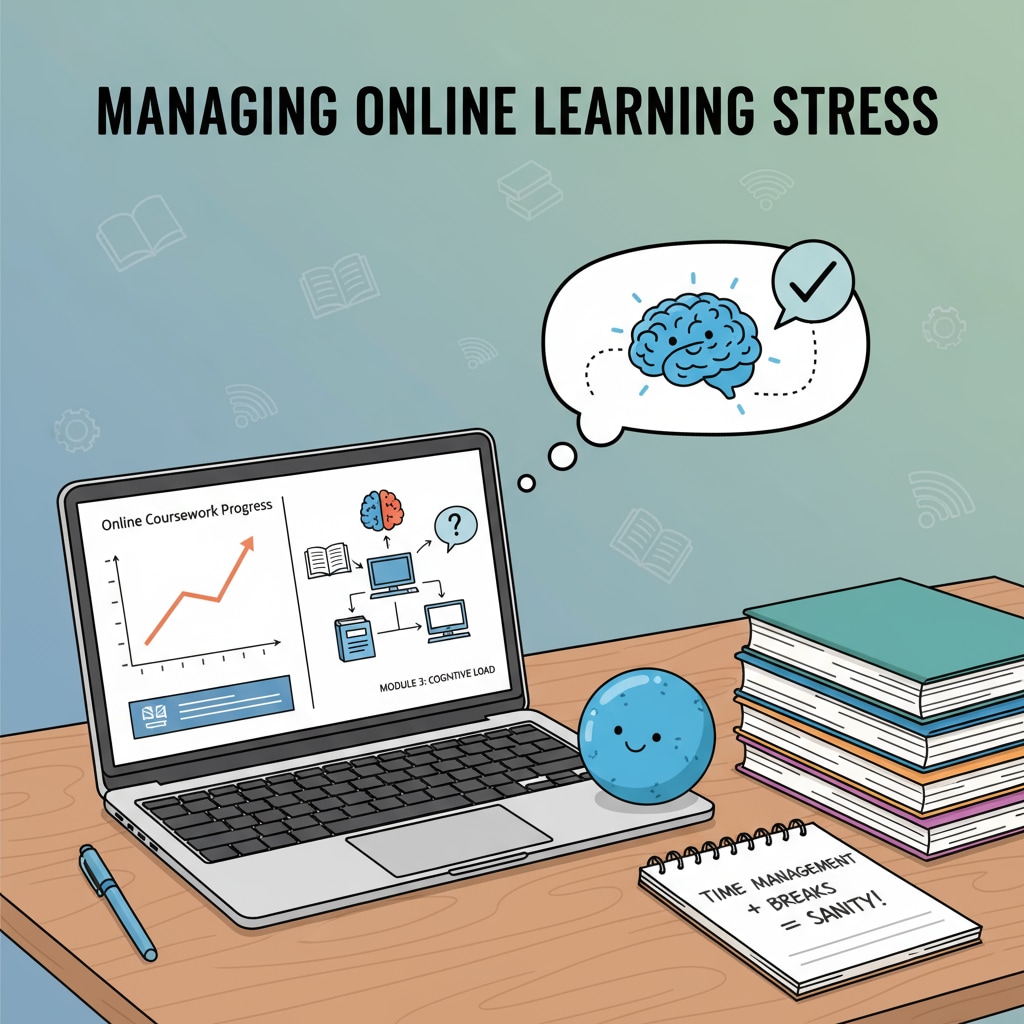In the landscape of online school, mental health, and procrastination often emerge as significant challenges for students. As more educational opportunities shift to the digital realm, it’s essential to find ways to maintain self-discipline and achieve efficient learning while safeguarding mental well-being.

The Challenge of Procrastination in Online Learning
Procrastination is a common hurdle in online school settings. Without the physical presence of teachers and classmates, students may find it easier to put off tasks. For example, a student might be tempted to watch videos or play games instead of starting their online assignments. This delay not only affects academic performance but can also take a toll on mental health, leading to feelings of anxiety and guilt. According to Wikipedia’s page on procrastination, understanding the root causes of procrastination is the first step in overcoming it.
Creating a Conducive Learning Environment
An important aspect of promoting self-discipline and efficient learning in online school is creating a proper environment. Designate a specific study area that is free from distractions. This could be a quiet corner in your room or a separate study space. Keep all the necessary study materials, like textbooks and notebooks, within reach. Having a well-organized space can enhance focus and motivation.

In addition, set a regular schedule. Establish specific times for studying, breaks, and relaxation. This routine helps train your mind to be in “learning mode” during designated study periods. Just as Britannica’s article on learning theory emphasizes, a structured environment aids in better absorption of knowledge.
Maintaining Mental Health in Online School
Mental health should not be overlooked in the pursuit of efficient learning. Take regular breaks throughout the day to rest your mind and body. Engage in activities you enjoy, such as reading a book or going for a short walk. These breaks can reduce stress and prevent burnout.
Also, stay connected with friends and family. Social interaction is vital for mental well-being, especially when learning from home. Join online study groups or participate in virtual extracurricular activities to build a sense of community. This connection can provide emotional support and make the online learning experience more enjoyable.
Readability guidance: By addressing procrastination, creating a suitable learning environment, and prioritizing mental health, students can navigate the online school landscape with greater self-discipline and achieve more efficient learning. Remember, a balanced approach is key to success in this digital educational era.


